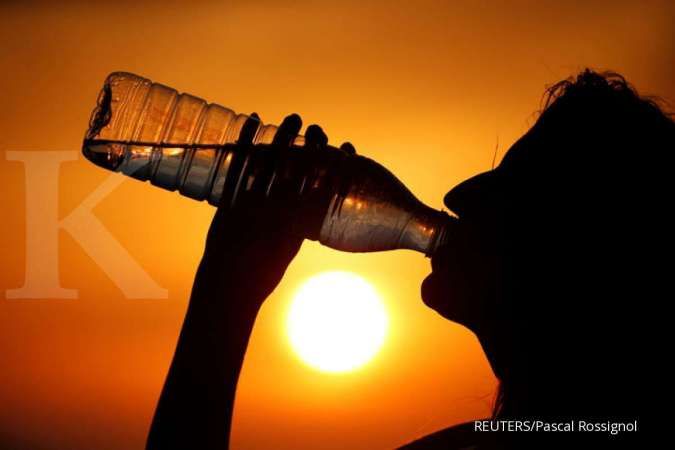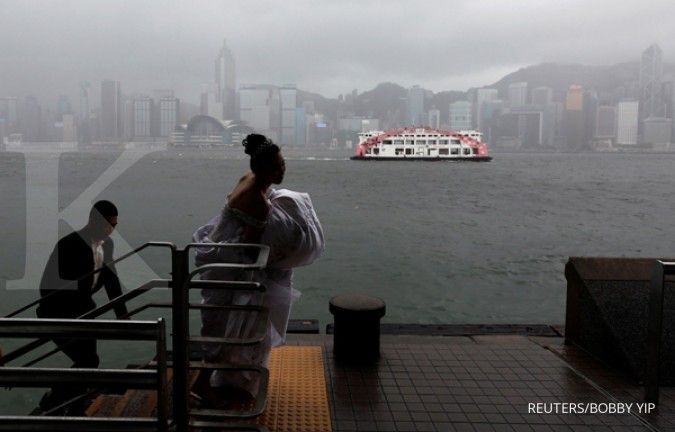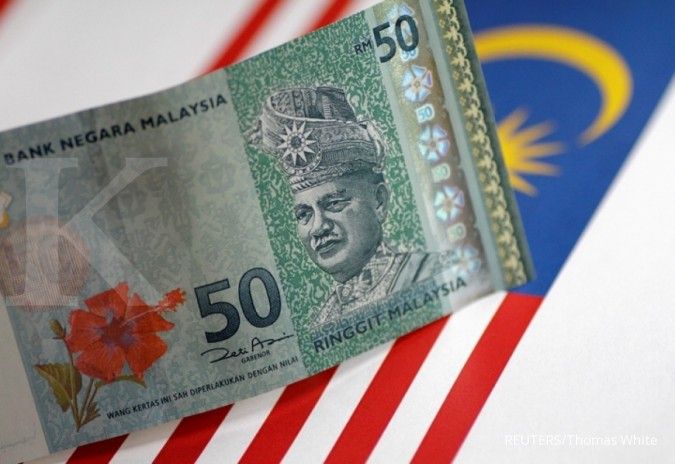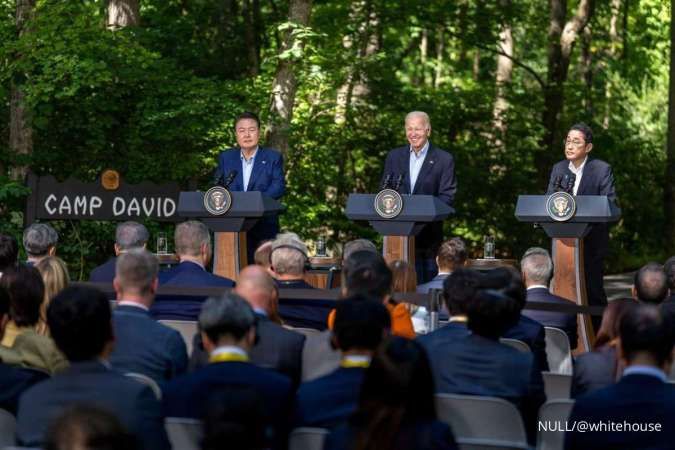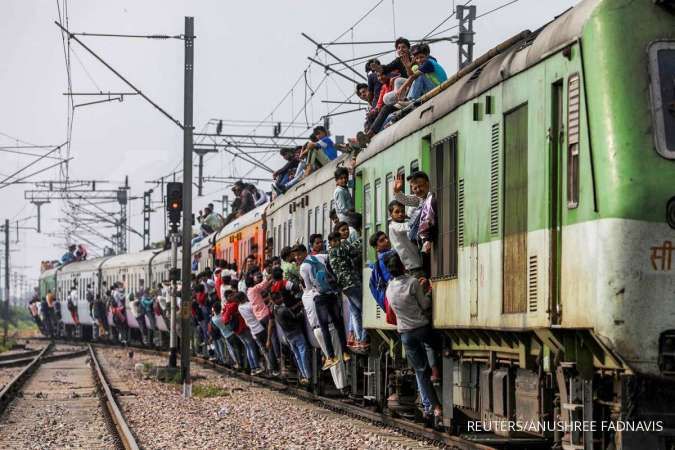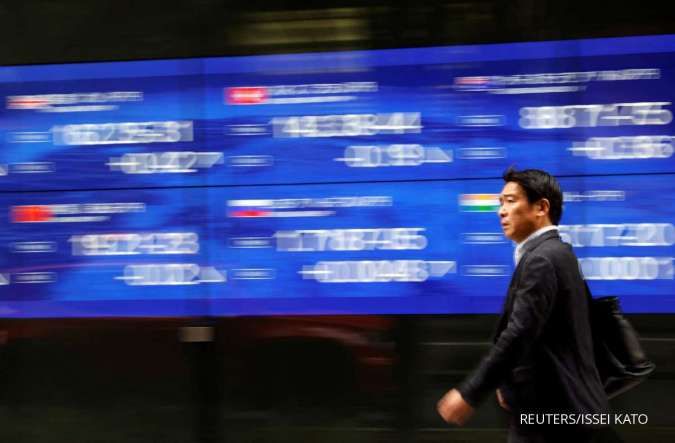NATURAL DISASTER/ EARTHQUAKE - TOKYO. The powerful earthquake that hit central Japan on New Year's Day killed at least six people, as police and local authorities early on Tuesday reported cases of bodies being pulled from the rubble of collapsed buildings.
The quake with a preliminary magnitude of 7.6 struck in the middle of the afternoon on Monday, destroying buildings, knocking out power to tens of thousands of homes and prompting residents in some coastal areas to flee to higher ground.
It also triggered waves about 1 metre (3.3 ft) high along Japan's long western seaboard as well as in neighbouring South Korea.
Army personnel were dispatched to help with rescue operations, while one local airport was shut down after the quake tore open cracks in the runway.
An elderly man was pronounced dead after a building collapse in Shika Town in Ishikawa prefecture, broadcaster NTV reported citing local police.
Kyodo News reported four deaths in Ishikawa, citing the Prefectural Crisis Management Team, including a man and woman in their 50s, a young boy, and a man in his 70s.
The Asahi newspaper cited police as saying a man in his 90s had been pulled from the wreckage of a building and taken to hospital but confirmed dead.
Read Also: ExxonMobil Hands Over Operations at West Qurna 1 Oil Field to PetroChina
Japanese Prime Minister Fumio Kishida told reporters late on Monday that it was proving difficult for search and rescue teams to reach the worst affected areas due to blocked roads.
President Joe Biden said in a statement that the United States was ready to provide any necessary help to Japan after the earthquake.
"As close allies, the United States and Japan share a deep bond of friendship that unites our people. Our thoughts are with the Japanese people during this difficult time," he said.
The Japanese government said that as of Monday night it had ordered more than 97,000 people in nine prefectures on the western coast of main island Honshu to evacuate. They were spending the night in sports halls and school gymnasiums, commonly used as evacuation centres in emergencies.
Almost 33,000 households remained without power in Ishikawa prefecture early on Tuesday morning, according to Hokuriku Electric Power's website.
The Imperial Household Agency said that following the disaster it would cancel Emperor Naruhito and Empress Masako's slated New Year appearance on Tuesday.
Read Also: Bank of Korea Eyes Warning Signs of Prolonged Monetary Tightening
NUCLEAR PLANTS
The quake comes at a sensitive time for Japan's nuclear industry, which has faced fierce opposition from some locals since the 2011 earthquake and tsunami that triggered nuclear meltdowns in Fukushima. Whole towns were devastated in that disaster.
The Nuclear Regulation Authority said no irregularities were found at nuclear plants along the Sea of Japan, including five active reactors at Kansai Electric Power’s Ohi and Takahama plants in Fukui Prefecture.
Hokuriku Electric's Shika plant, the closest to the epicentre, had already halted its two reactors before the quake for regular inspections and saw no impact from the quake, the agency said.
Read Also: Israel Pounds Gaza, Hamas Fires Rockets as Netanyahu Indicates Long War
Situated on the "Ring of Fire" arc of volcanoes and oceanic trenches that partly encircles the Pacific Basin, Japan accounts for about 20% of the world's earthquakes of magnitude 6 or greater, and each year experiences up to 2,000 quakes that can be felt by people.
Following are some major Japanese quakes in the last 30 years:
- On Jan. 16, 1995, an earthquake with a magnitude of 7.3 hit central Japan, devastating the western port city of Kobe. The worst earthquake to hit the country in 50 years killed more than 6,400 and caused an estimated $100 billion in damage.
- On Oct. 23, 2004, a 6.8 magnitude quake struck the Niigata region, about 250 km (150 miles) north of Tokyo, killing 65 people and injuring 3,000.
- On March 11, 2011, a 9.0 magnitude earthquake and tsunami struck northeast Japan, killing nearly 20,000 people and causing a meltdown in Fukushima, leading to the world's worst nuclear disaster since Chernobyl.
- On April 16, 2016, a 7.3 magnitude earthquake struck in Kumamoto on the southern island of Japan, killing more than 220 people.
- On June 18, 2018, a magnitude 6.1 earthquake in Osaka, Japan's second-biggest metropolis, killed four people, injured hundreds more and halted factory lines in an industrial area.
- On Sept. 6, 2018, a 6.7 magnitude earthquake paralysed Japan's northern island of Hokkaido, killing at least seven people, triggering landslides and knocking out power to its 5.3 million residents.
- On Feb. 13, 2021, a 7.3 magnitude earthquake hit off the coast of Fukushima in eastern Japan, injuring dozens of people and triggering widespread power outages.
- On March 16, 2022, a magnitude 7.3 earthquake jolted the coast off Fukushima again, leaving two dead and 94 injured and reviving memories of the quake and tsunami that crippled the same region just over a decade earlier.
/2024/01/01/2065294175.jpg)
